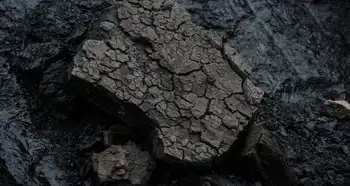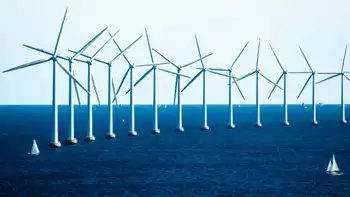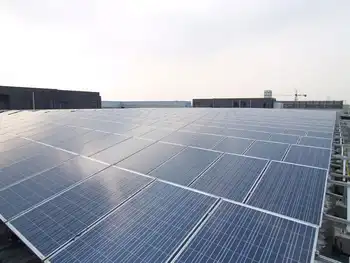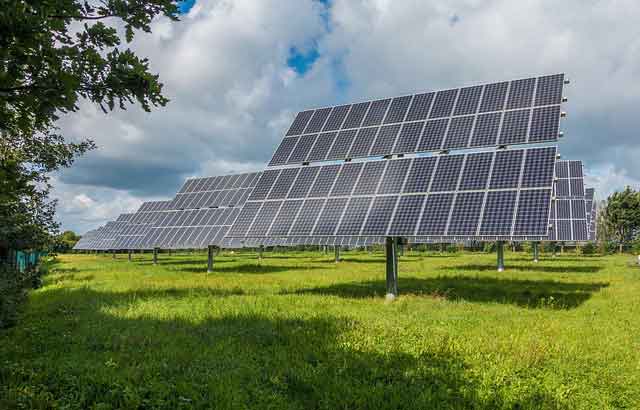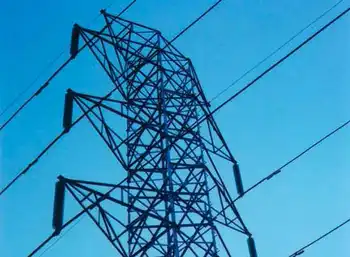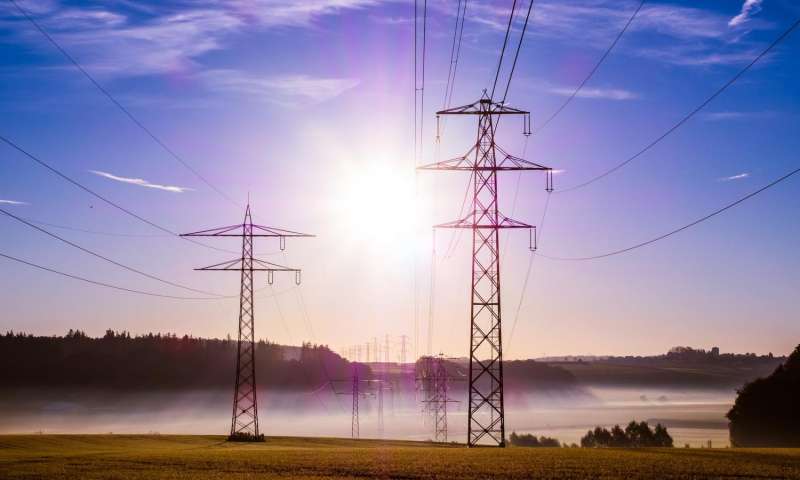Energy crisis: EU outlines possible gas price cap strategies
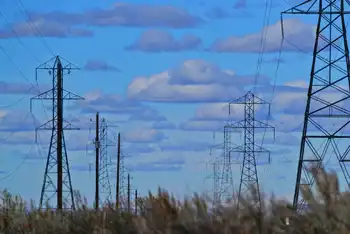
Protective Relay Training - Basic
Our customized live online or in‑person group training can be delivered to your staff at your location.

- Live Online
- 12 hours Instructor-led
- Group Training Available
EU Gas Price Cap Strategies aim to curb inflation during an energy crisis by capping wholesale gas and electricity generation costs, balancing supply and demand, mitigating subsidies, and safeguarding supply security amid Russia-Ukraine shocks.
Key Points
Temporary EU measures to cap gas and power prices, curb inflation, manage demand, and protect supply security.
✅ Flexible temporary price limits to secure gas supplies
✅ Framework cap on gas for electricity generation with demand checks
✅ Risk: subsidies, higher demand, and market distortions
The European Commission has outlined possible strategies to cap gas prices as the bloc faces a looming energy crisis this winter.
Member states are divided over the emergency measures designed to pull down soaring inflation amid Russia's war in Ukraine.
One proposal is a temporary "flexible" limit on gas prices to ensure that Europe can continue to secure enough gas, EU energy commissioner Kadri Simson said on Tuesday.
Another option could be an EU-wide "framework" for a price cap on gas used to generate electricity, which would be combined with measures to ensure gas demand does not rise as a result, she said.
EU leaders are meeting on Friday to debate gas price cap strategies amid warnings that Europe's energy nightmare could worsen this winter.
Last week, France, Italy, Poland and 12 other EU countries urged the Commission to propose a broader price cap targeting all wholesale gas trade.
But Germany -- Europe's biggest gas buyer -- and the Netherlands are among those opposing electricity market reforms within the bloc.
Russia has slashed gas deliveries to Europe since its February invasion of Ukraine, with Moscow blaming the cuts on Western sanctions imposed in response to the invasion, as the EU advances a plan to dump Russian energy across the bloc.
Since then, the EU has agreed on emergency laws to fill gas storage and windfall profit levies to raise money to help consumers with bills.
Price cap critics
One energy analyst told Euronews that an energy price cap was an "unchartered territory" for the European Union.
The EU's energy sector is largely liberalised and operates under the fundamental rules of supply and demand, making rolling back electricity prices complex in practice.
"My impression is that member states are looking at prices and quantities in isolation and that's difficult because of economics," said Elisabetta Cornago, a senior energy researcher at the Centre for European Reform.
"It's hard to picture such a level of market intervention This is uncharted territory."
The energy price cap would "quickly start costing billions" because it would force governments to continually subsidise the difference between the real market price and the artificially capped price, another expert said.
"If you are successful and prices are low and you still get gas, consumers will increase their demand: low price means high demand. Especially now that winter is coming," said Bram Claeys, a senior advisor at the Regulatory Assistance Project.





